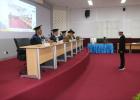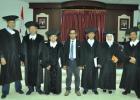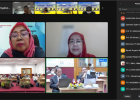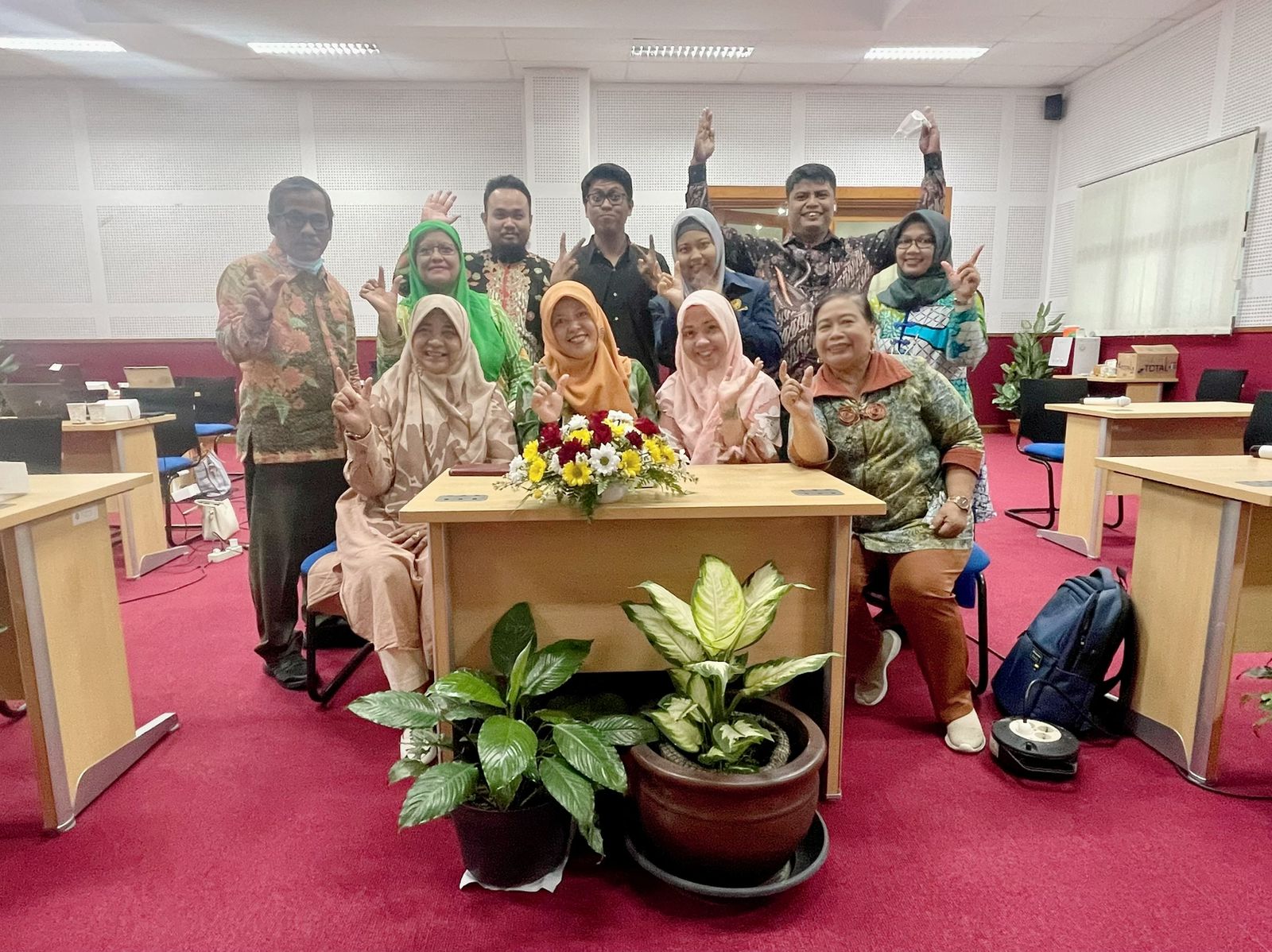You are here
Comparing Education Policies in Japan and Indonesia
Primary tabs
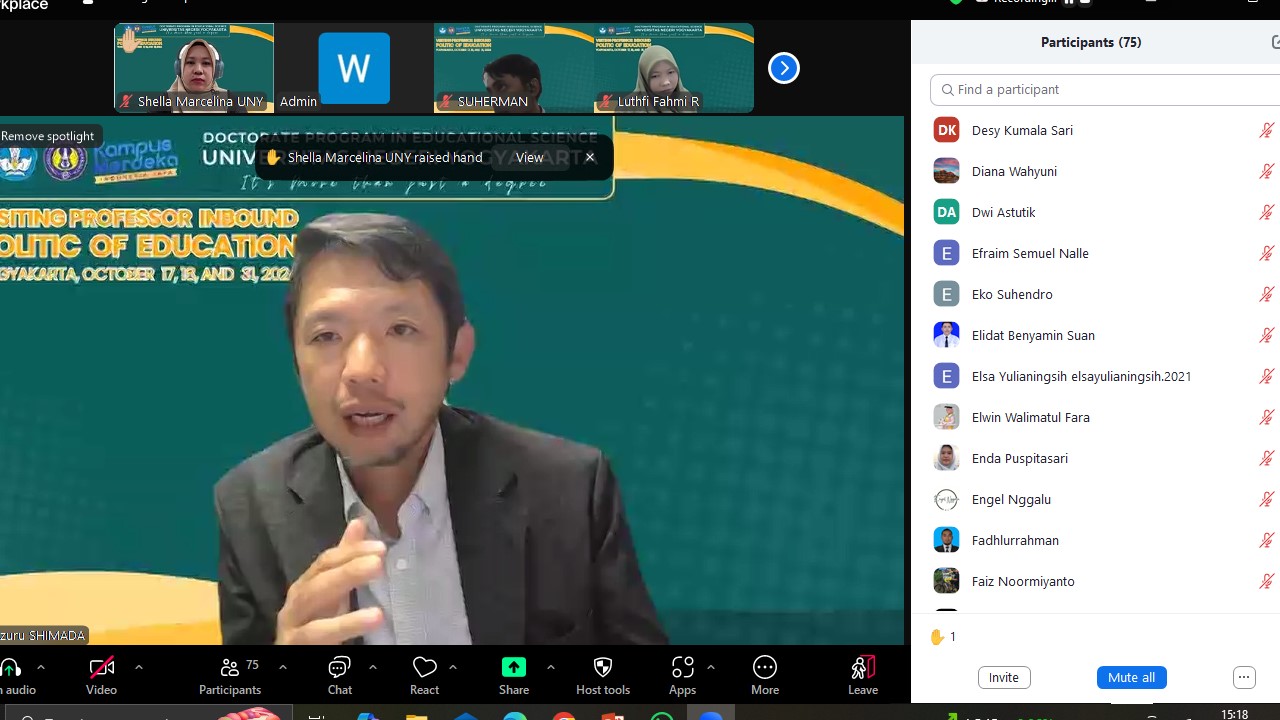
06/12/2024 - Yogyakarta, 17 November: The Doctoral Program in Educational Sciences, Graduate School of Universitas Negeri Yogyakarta (UNY), held a webinar themed “Political Interest in Indonesian Education Policy: Japan–Indonesia Comparison,” “Legal and Ethical Aspects of Education: A Japan–Indonesia Comparison,” and “Digital Education Policies and Rights in Japan.”
The webinar featured Prof. Shimada Yuzuru, Ph.D., Visiting Professor from the Graduate School of International Development, Nagoya University, Japan, as the main speaker. The discussion focused on key aspects of education policy, including political influences, legal and ethical frameworks, and the development of digital education in Japan, offering insights relevant to Indonesia’s context.
Prof. Shimada highlighted how political interests play a role in shaping education policy in both Indonesia and Japan. In Indonesia, educational policies are often influenced by local political dynamics and national interests, whereas in Japan, policies are formulated with a focus on continuity and long-term stability.
In terms of legal and ethical comparisons, Prof. Shimada explained that Japan has built an education system rooted in inclusivity and equity, while Indonesia continues to face challenges in policy implementation, particularly in addressing disparities in educational quality across regions.
Japan also serves as a successful example in the integration of digital technology into education, ensuring equal access for students nationwide. Prof. Shimada underscored the importance of students’ digital rights, such as access to technology and online learning resources. According to him, this could serve as valuable inspiration for Indonesia in strengthening its digital education infrastructure.
In his opening remarks, the Coordinator of the Doctoral Program in Educational Sciences at UNY stated that the seminar aimed to broaden perspectives on education policy through cross-national comparisons.
“Academic collaborations like this are essential to finding shared solutions to global educational challenges,” he noted.
The webinar attracted students, lecturers, and education practitioners from various institutions. An interactive discussion with Prof. Shimada was one of the event’s highlights, allowing participants to exchange views on developing more adaptive and innovative education policies.
The event concluded with hopes that this seminar would mark the beginning of closer collaboration between academics and policymakers in Indonesia and Japan, to build inclusive and sustainable education systems.
KONTAK KAMI
GRADUATE SCHOOL UNIVERSITAS NEGERI YOGYAKARTA
Kampus Karangmalang, Yogyakarta 55281
Telp. +62274-550836 (front office)
Fax. +62274-520326
Email: pps@uny.ac.id, humas_pps@uny.ac.id
Website : http://sps.uny.ac.id
FB: pascasarjana UNY
IG: spsuny_official, s3ip_uny
Twitter: OfficialUNY
Copyright © 2026,



